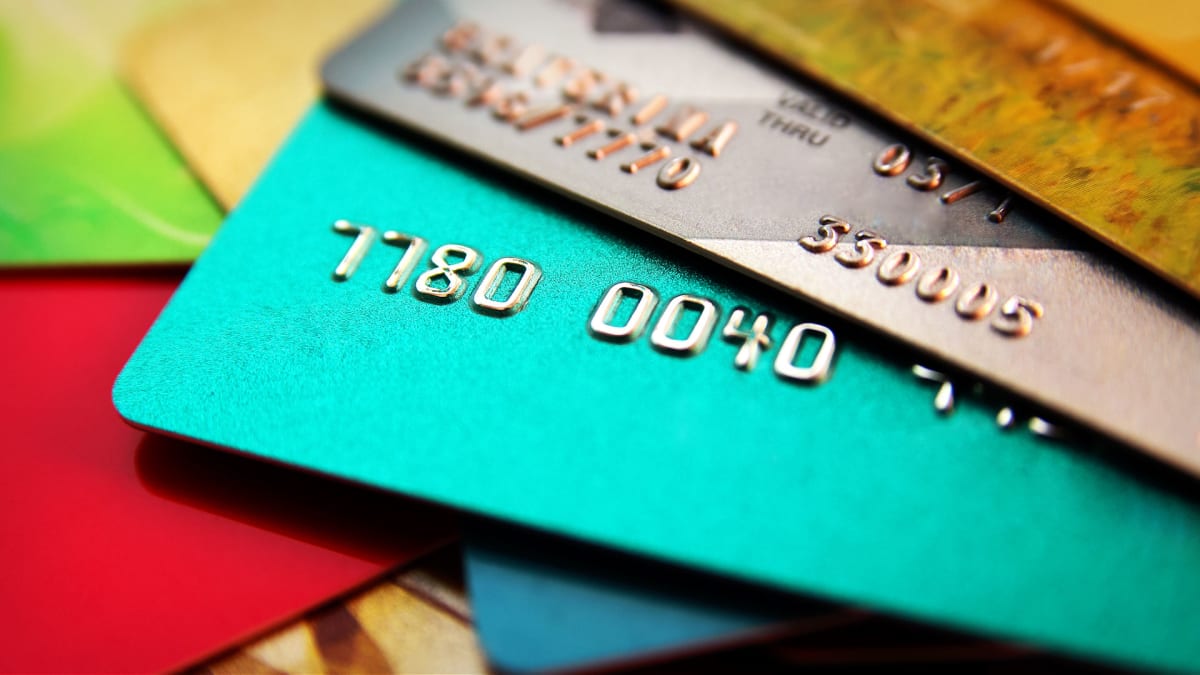
Consumers who are struggling financially plan to make sure their mortgage and car loans are paid first, according to a Bank of America Securities survey.
Ensuring that their rent or mortgage was paid each month was the top priority, followed by paying an auto loan, according to the survey that included 1,059 respondents that was conducted in December.
Paying both those debts rank higher than making a payment on a credit card or medical bill, consumers said.
"The results of the survey align with our view that borrowers experiencing financial difficulty will try to prioritize payments to retain products and/or services with the greatest future utility," wrote Chris Flanagan, a fixed income/mortgage-backed securities/collateralized loan obligation (FI/MBS/CLO) strategist at Bank of America Securities, and Theresa O'Neill, an asset-backed securities (ABS) strategist at Bank of America Securities in a Jan. 26 report.
Over six out of 10 consumers said they missed at least one type of debt payment during the past six months even as inflation rates have eased slightly, according to the survey.
Only 37% of respondents said they were able to pay all their bills on time.
Consumers said credit card bills were the ones that they missed making the payments on the most, which is also the "most frequent type of debt owed," the report said.
More than four out of 10, or 43%, of people said they are likely to miss paying at least one or more bills during the next six months compared to 40% reporting that they are unlikely to miss a payment, the survey said.
The survey showed that 41% of cardholders make the minimum monthly payment while 28% repay the full balance.
"Specifically, the results of the survey show if borrowers were to face financial difficulties over the next six months, they would prioritize mortgage or rent payments over auto loan or lease payments and they would prioritize both over other consumer installment payments and medical debt payments," Flanagan and O'Neill wrote.
The majority of consumers said their finances are "about the same today compared to six months ago" with only 32% of people who said their finances improved and 30% rated it worse.
Nearly one-third of consumers are upbeat about their financial situation over the next six months with 31% of respondents who expect an improvement. Only 4% said they believe they will miss a payment on debt obligation in the next six months.
Impact to Personal Loan Investors
The results of the survey could prove to be a headwind for investments made in the personal loan sector since the risk is higher and ranks lower when consumers are considering which bills to pay each month.
Bank of America economists estimate that unemployment, the strongest indicator for credit performance, will rise in 2023.
Since consumers are more likely to pay their car loans before they repay credit card or other debt, the survey results show a "preference for auto loan ABS over consumer loan ABS, especially at the subordinated levels," they wrote.
"For the ABS market, borrowers' preference to prioritize auto debt should be supportive of credit performance for retail auto loan and lease ABS," Flanagan and O'Neill wrote. "On the other hand, other installment debt ranking near the bottom of the payment waterfall could create headwinds for the credit performance of consumer loan ABS."
The results of the survey are a "positive for the mortgage insurers and card issuers" for investors in consumer finance stocks, while they demonstrate a negative for personal loan lenders, the report said.
"Mortgage insurers typically only need to pay out claims when there is a foreclosure and a high payment priority for mortgage debt is consistent with historical trends (except during the 2008-9 crisis)," Flanagan and O'Neill wrote. "On the other hand, lenders that have been leaning into personal loans could see challenges in a higher unemployment backdrop given the product's low payment hierarchy."







